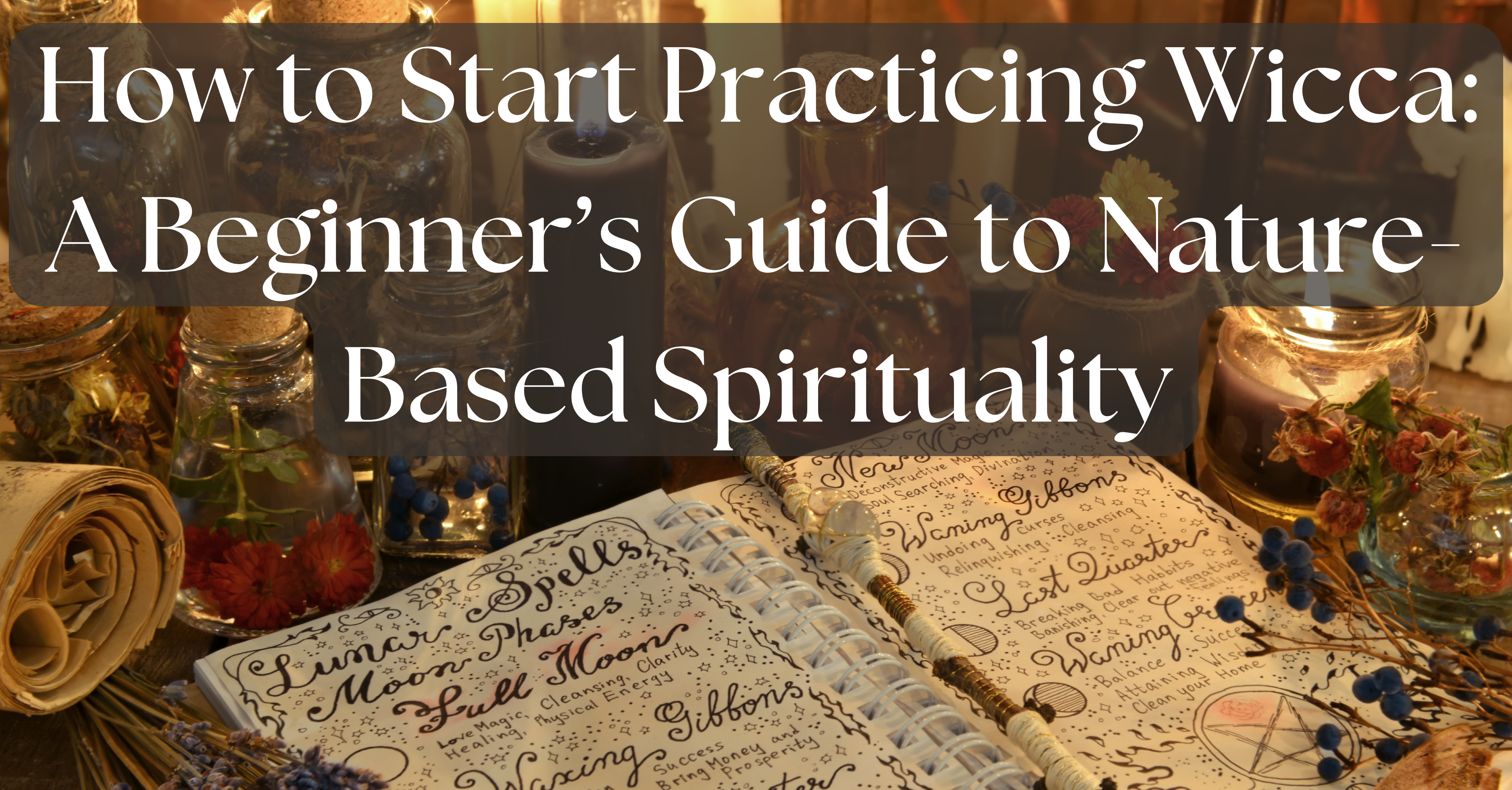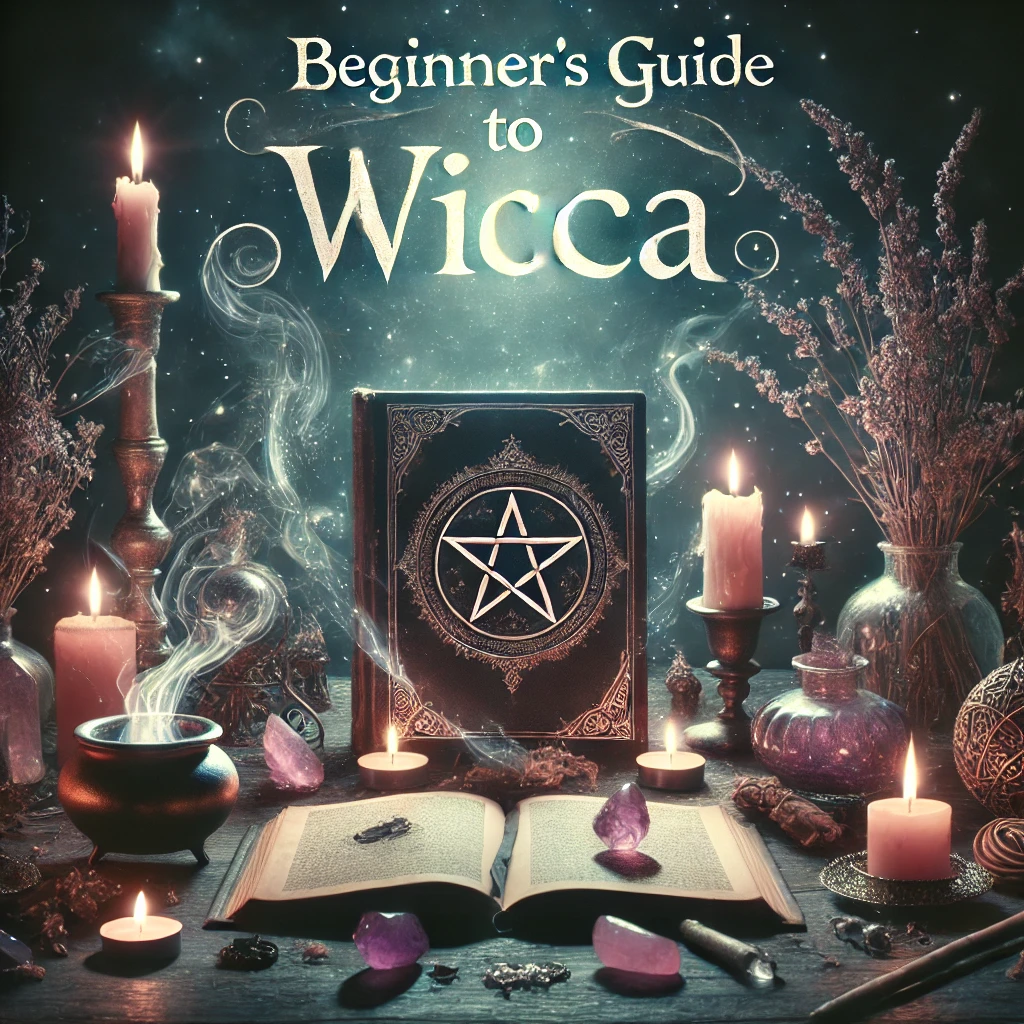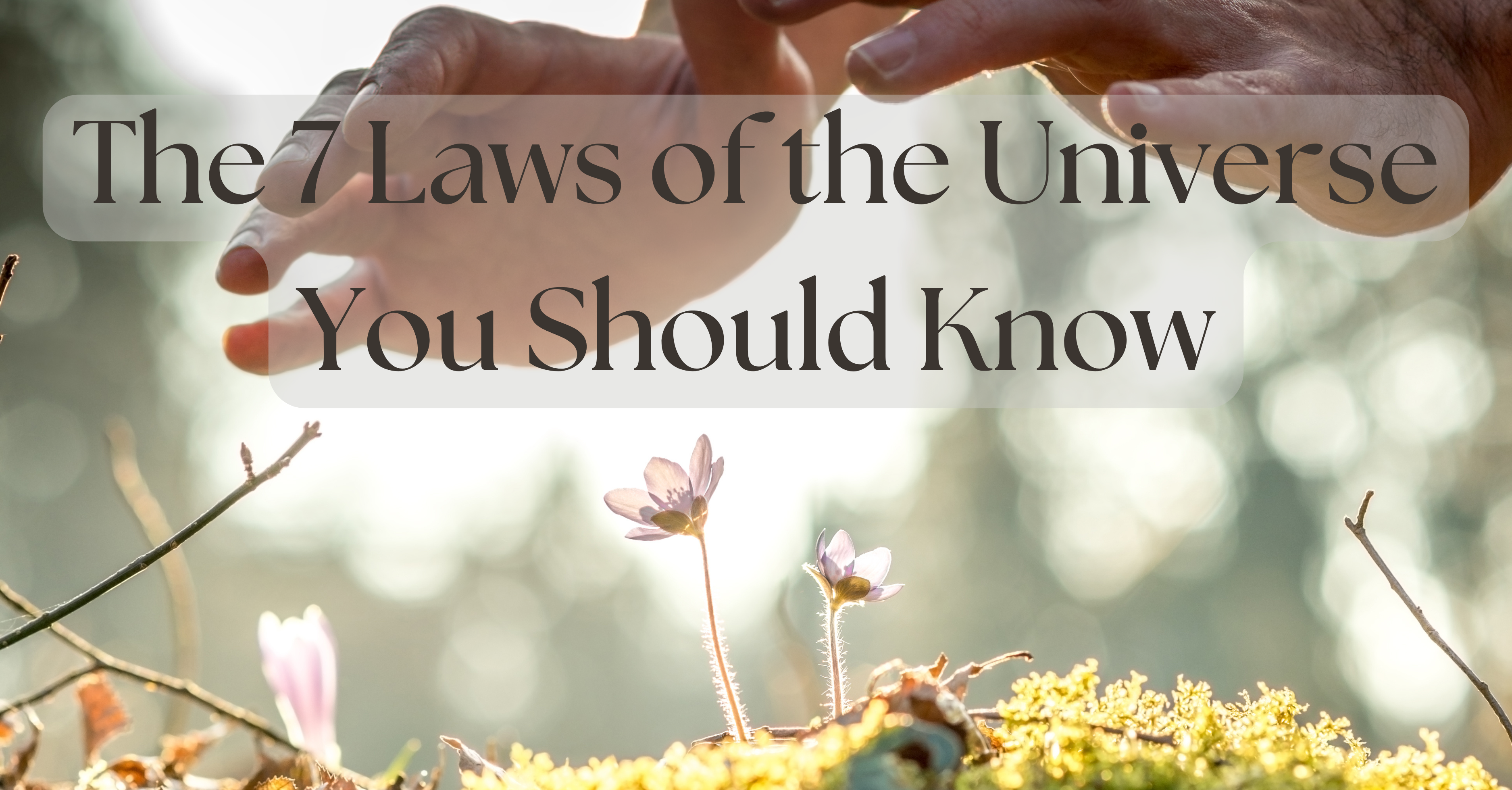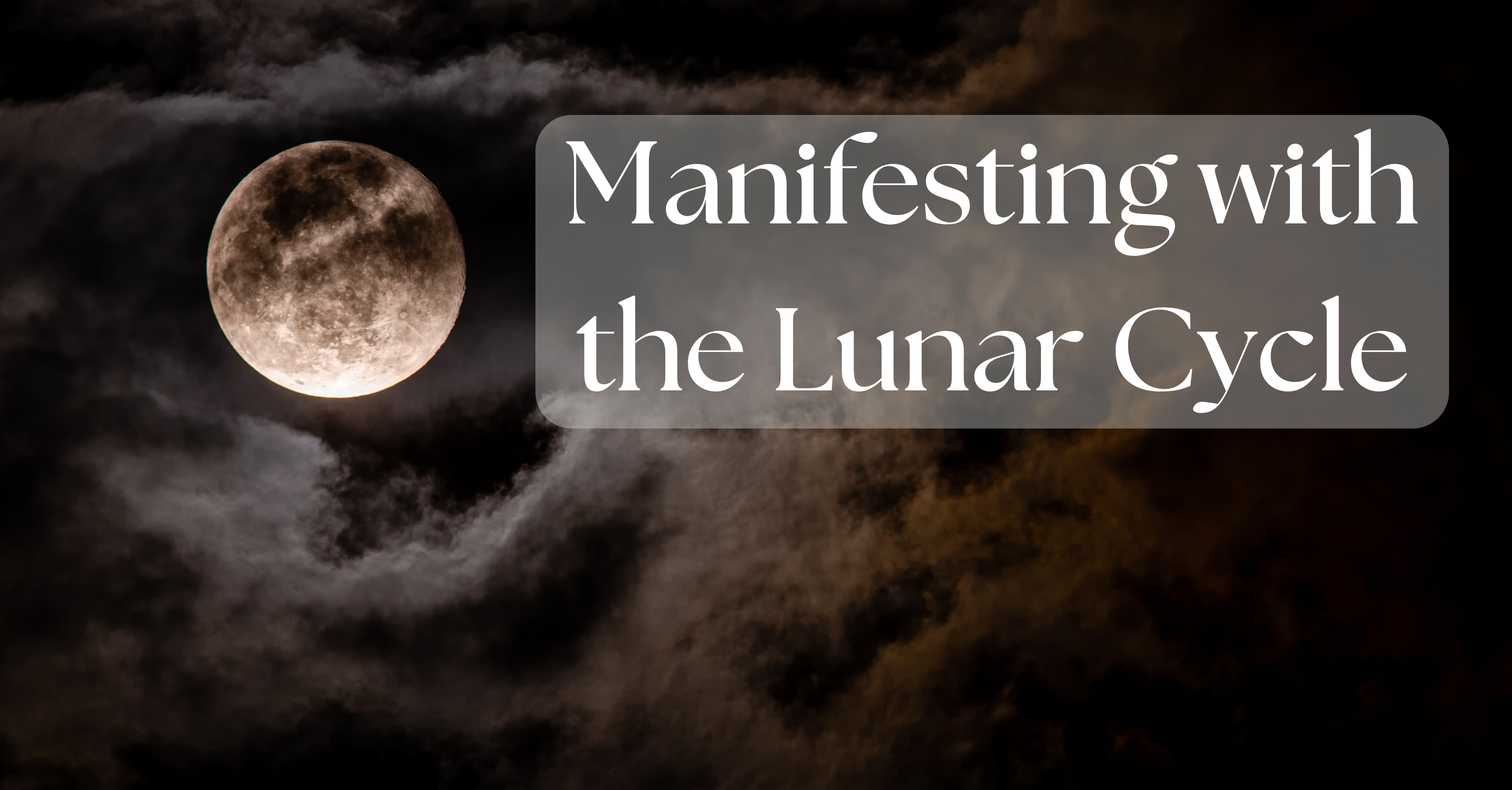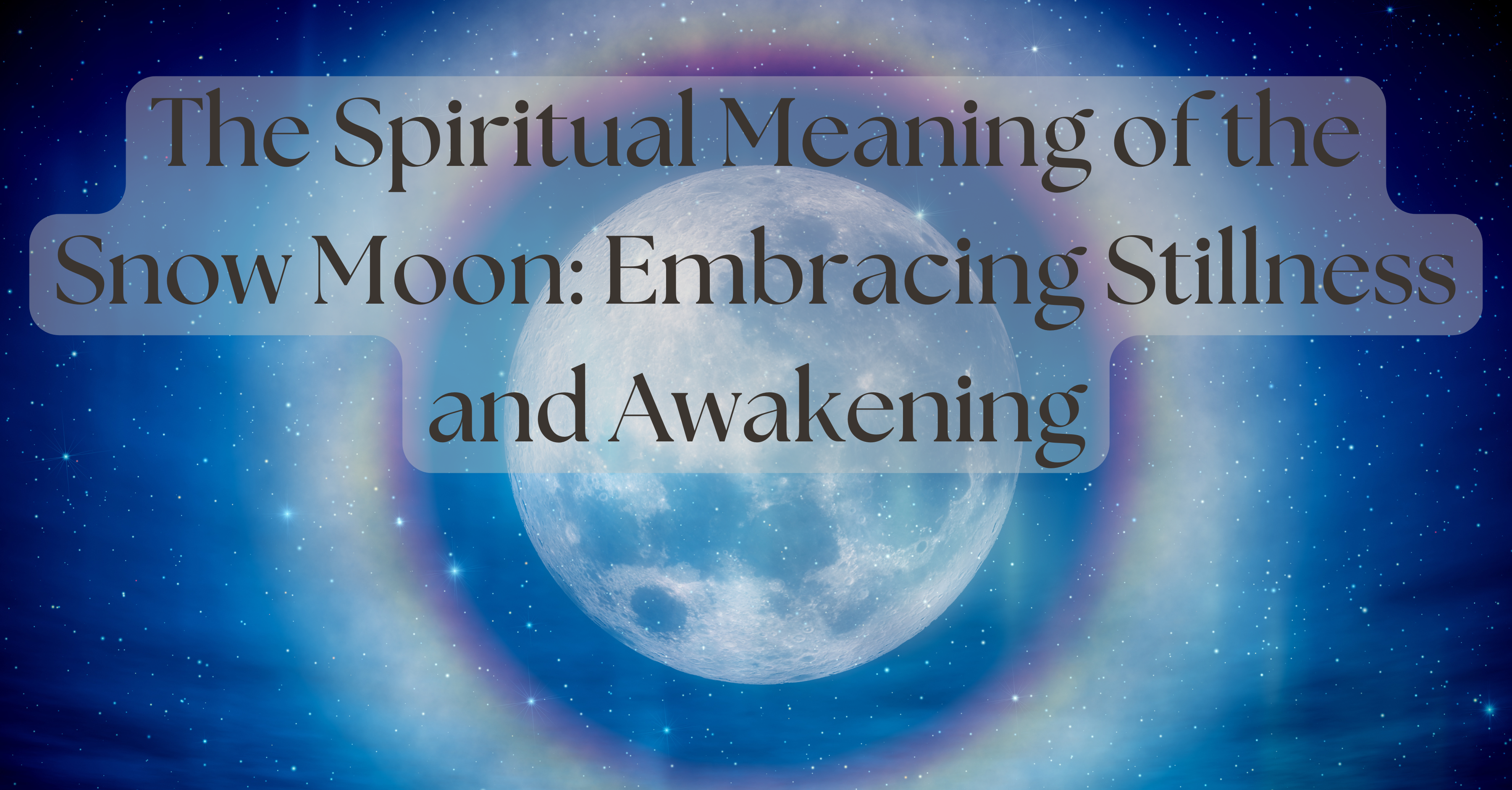Have you ever felt a deep pull toward the mysteries of nature or wondered if there’s a way to bring more intention and magic into your daily life? For many, Wicca offers that connection—a spiritual path rooted in harmony with the natural world and a profound sense of personal empowerment.
This guide is here to help you take your first steps into the world of Wicca. Whether you’re drawn to the beauty of rituals, the wisdom of ancient traditions, or the peace of living in alignment with nature, you’ll find practical steps and insights to begin your journey with confidence and clarity.
Remember, Wicca is a deeply personal practice, and there’s no single “right” way to follow it. Your path is yours to discover and shape as you go. Embrace your curiosity, trust your instincts, and let this guide serve as a starting point for the unique spiritual journey ahead of you.
Understanding Wicca
What is Wicca?
Wicca is a modern pagan religion rooted in ancient practices, but it has evolved to fit the contemporary world. At its core, Wicca emphasizes a deep connection to nature, personal spiritual growth, and a profound respect for all life. It celebrates the cycles of the Earth and cosmos, viewing them as sacred expressions of divine energy.
Wiccans often see the divine in dual forms, honoring both the Goddess and the God as representations of balance and unity. The practice encourages harmony with nature and fosters personal empowerment through rituals, meditation, and intentional living.
Dispelling Myths
Wicca is frequently misunderstood, with many misconceptions clouding its true essence. Let’s clear the air about a few common myths:
- Wicca is not about devil worship. The concept of the devil comes from Christian theology and has no place in Wicca. Wiccans focus on the divine forces of nature, celebrating life-affirming energies rather than fear or negativity.
- Wicca isn’t “dark magic.” While Wiccans practice magic, it’s not about control or harm. Magic in Wicca is the focused use of intention and energy to manifest positive outcomes, such as healing, protection, or personal growth.
At the heart of Wicca is a strong ethical foundation. The Wiccan Rede, which advises, “An it harm none, do what ye will,” encourages practitioners to live mindfully and responsibly. The Law of Threefold Return reminds Wiccans that any energy they send out—positive or negative—will return to them threefold. These principles emphasize kindness, integrity, and alignment with the greater good.
By understanding what Wicca truly is—and what it is not—you can approach this spiritual path with confidence and clarity. It’s a practice grounded in respect, balance, and the joy of connecting with the natural world.
Want to Learn More About Wicca Before Diving In?
Read our in-depth post all about Wicca.
Preparing to Begin Your Practice
Before subscribing to any belief, even one as flexible and personal as Wicca, you owe it to yourself to really understand what that belief is. We don’t want anyone to move forward into Wicca without feeling comfortable with it.
Research and Study
Starting your Wiccan journey begins with knowledge. Before immersing yourself in rituals or practices, take time to study and understand the foundation of Wicca.
Dive into reputable resources.
Explore books, blogs, and online communities that provide accurate and respectful information about Wicca.
A great starting point for many and what started my journey is Wicca: A Guide for the Solitary Practitioner by Scott Cunningham.
Other helpful books include The Spiral Dance by Starhawk and The Inner Temple of Witchcraft by Christopher Penczak.
Explore Wiccan history and traditions.
Understanding the origins and evolution of Wicca will give you a deeper appreciation for its practices. Learn about the Wheel of the Year, the elements, the deities, and the significance of the natural cycles.
The more you learn, the more confident you’ll feel in shaping your own path. This research phase is an essential foundation for a meaningful practice.
Unlike many religions, there isn’t a pressure to join. You won’t find Wiccans knocking on your door asking your to come join them. This happens to be one of my favorite things about Wicca, there is a respect for everyone and where everyone is on their journey. Take your time, participate in what you find appealing now and add on or remove as you go. It’s an experience you get to create all on your own.
Self-Reflection
As you prepare to practice Wicca, take time to reflect on your own spiritual journey. Wicca is deeply personal, and understanding your motivations will help you align your practice with your values and aspirations.
- Journal your thoughts. Write down what draws you to Wicca and what you hope to gain from exploring this path. Ask yourself questions like:
- What does spirituality mean to me?
- How do I feel connected to nature?
- What are my core beliefs about the divine, the universe, and life?
- What is my background in religion? How is that shaping my current view on the divine, Wicca, etc?
- What are my core principles?
- Identify your goals. Perhaps you’re seeking a deeper connection with nature, personal empowerment, or a way to celebrate life’s cycles. Clarifying your intentions will help guide your practice.
Wicca is not about following a rigid set of rules but about creating a practice that resonates with your spirit. Taking the time to study and reflect will ensure your journey is both informed and authentic to who you are.
Setting Up Your Space
First thing to note here is that there are no requirements in Wicca other than yourself and your intention. You can practice Wicca anywhere with any tools or none, however choosing a specific space in your home can help elevate your practice. If you can find a space that is solely dedicated to your practice that would be amazing but if not that isn’t a problem. Work with what you have.
Creating a Sacred Space
One of the first steps in your Wiccan practice is to establish a space where you can connect with your spiritual path. Your sacred space is a physical reflection of your inner intentions—a place for focus, calm, and ritual.
- Choose a quiet, personal area. This could be a corner of a room, a small table, or even a windowsill. The key is to find a spot that feels peaceful and private where you won’t be interrupted.
- Decorate with meaning. Incorporate items that resonate with you spiritually or represent the natural world. Ideas include:
- Natural elements like stones, shells, or flowers.
- Representations of the four elements: earth, air, fire, and water. For example, you might use a bowl of salt for earth, a feather for air, a candle for fire, and a small dish of water.
- Objects with personal or spiritual significance, such as photos, symbols, or small statues.
Your sacred space doesn’t need to be elaborate—what matters most is that it feels special and meaningful to you.
Basic Tools for Beginners
Wicca often incorporates tools to aid in rituals and spiritual work, but it’s important to remember that none of these tools are required to begin your practice. Your intention and energy are far more important than physical items.
- Common Wiccan tools include:
- Altar: A surface to hold your tools and serve as a focal point for rituals.
- Candles: Representing fire and light, candles are often used in rituals to set intentions.
- Crystals and herbs: These natural items can enhance your connection to the elements and hold specific energies.
- Chalice: A cup used to symbolize water or the feminine divine.
- Athame: A ritual knife used to direct energy, often symbolic rather than functional.
- Start simple. If you’re just beginning, use what you already have at home. A tea light can replace a fancy candle, a glass of water can represent the element of water, and a meaningful trinket can serve as a spiritual symbol.
Remember, Wicca is about your connection to nature and spirit, not about having all the “right” tools. Your sacred space is yours to create, and its power comes from the intention and energy you bring to it.
Learning Core Practices
Meditation and Grounding
Meditation and grounding are foundational practices in Wicca, helping you develop mindfulness, connect with nature, and strengthen your spiritual focus.
- The importance of mindfulness and grounding:
Practicing mindfulness allows you to become fully present and aware of your surroundings and inner self. Grounding helps you release excess energy and establish a stable connection with the earth. - Simple exercises to get started:
- Nature connection: Sit outside and focus on your senses—listen to the sounds around you, feel the ground beneath you, and observe the natural world.
- Grounding visualization: Imagine roots growing from your feet deep into the earth, anchoring you firmly. Feel the stability and calm this connection provides.
- Mindful breathing: Close your eyes and take slow, deep breaths, focusing on the sensation of air entering and leaving your body.
These practices not only help with your spiritual work but also bring balance and calm to daily life.
Honoring the Moon and Seasons
In Wicca, the cycles of the moon and the changing seasons are deeply symbolic and offer opportunities for reflection and celebration.
- The Wheel of the Year and moon phases:
The Wheel of the Year marks the eight seasonal Sabbats, from the solstices to equinoxes and midpoints in between. These celebrations honor nature’s cycles of growth, harvest, and renewal. The moon phases—new, waxing, full, and waning—represent different energies:- New Moon: Beginnings and setting intentions.
- Waxing Moon: Growth and building energy.
- Full Moon: Manifestation and power.
- Waning Moon: Release and letting go.
- Easy ways to celebrate:
- Light a candle to honor the energy of the season or moon phase.
- Journal about your intentions during the new moon or reflect on your growth during the full moon.
- Spend time outdoors to align with nature’s rhythms.
Working with the Elements
The elements—Earth, Air, Fire, Water, and Spirit—are central to Wiccan practices, representing different aspects of life and energy.
- Overview of the five elements:
- Earth: Stability, grounding, and abundance.
- Air: Intellect, communication, and creativity.
- Fire: Passion, transformation, and energy.
- Water: Emotions, intuition, and healing.
- Spirit: Connection to the divine and the unseen.
- Incorporating the elements into your practice:
- Place representations of each element in your sacred space (e.g., a rock for Earth, a feather for Air, a candle for Fire, a bowl of water for Water).
- Call on the elements during rituals to bring balance and energy.
- Engage with the elements in daily life: feel the earth beneath your feet, enjoy a breeze, light a candle, or meditate by water.
By learning and embracing these core practices, you’ll deepen your understanding of Wicca and build a foundation for meaningful spiritual growth.
Practicing Magic
What is Wiccan Magic?
Wiccan magic is often misunderstood, but at its core, it is about channeling focused intention and energy to create positive change.
- Magic as focused intention and energy:
Magic in Wicca isn’t about elaborate illusions or supernatural powers. It’s about aligning your will with universal energies to manifest your goals and deepen your connection to the world around you. - A practice rooted in positivity and growth:
Wiccan magic emphasizes personal growth, harmony, and ethical principles. It’s not about controlling others or causing harm. The Wiccan Rede (“An it harm none, do what ye will”) and the Law of Threefold Return guide practitioners to use magic responsibly, ensuring their actions contribute to the greater good.
Simple Beginner Rituals and Spells
Starting with simple rituals and spells allows you to ease into magical practice without feeling overwhelmed.
- Cleansing Ritual:
- Purpose: Clear your space of negative or stagnant energy.
- Materials: A white candle, sage or incense, and a small bowl of salt.
- Steps:
- Light the candle and focus on its flame.
- Walk through your space, wafting the smoke of the sage or incense to each corner.
- Sprinkle a small amount of salt at entry points like doors or windows.
- Visualize your space filling with light and positive energy.
- Gratitude Spell:
- Purpose: Cultivate thankfulness and attract abundance.
- Materials: A piece of paper, a pen, and a small green or white candle.
- Steps:
- Write down three things you’re grateful for on the paper.
- Light the candle and read your list aloud, focusing on the feelings of gratitude.
- Keep the list in a place you’ll see it often or bury it in the ground to symbolize your thanks returning to nature.
- Tips for beginners:
- Start with rituals and spells that resonate with your intentions.
- Use accessible, everyday items (e.g., herbs from your kitchen or a glass of water) instead of specialized tools.
- Focus on your intent rather than the complexity of the ritual—your energy and belief are the most important components.
By practicing simple rituals and spells, you can begin to experience the transformative power of Wiccan magic and deepen your personal connection to the craft. Remember, this is your journey—embrace it at your own pace and follow what feels authentic to you.
Finding Your Path
Solitary vs. Coven Practice
One of the beautiful aspects of Wicca is that it offers flexibility, allowing you to choose a path that resonates most with you—whether you prefer to practice alone or in a group.
Solitary Practice:
Many Wiccans choose to practice solo, especially in the beginning. This approach offers freedom and flexibility, as you can tailor your rituals and study to your own pace and preferences. Being solitary also allows you to explore your spiritual path without external influences, focusing on personal connection with the divine, nature, and magic.
Coven Practice:
A coven is a group of Wiccans who come together to practice, study, and celebrate the Wheel of the Year and other spiritual rites. Being part of a coven can provide a sense of community, shared rituals, and guidance from more experienced practitioners. However, joining a coven requires finding one that aligns with your values, beliefs, and level of experience.
Advice for finding a coven:
- Look for a coven that emphasizes respect, openness, and personal growth.
- Attend open circles or online forums to meet like-minded individuals.
- Ask questions about the coven’s practices, leadership, and ethics.
- Be cautious of covens that seem secretive, exclusive, or place too much focus on hierarchy or control.
Customizing Your Practice
One of the key principles of Wicca is its adaptability, allowing you to personalize your practice to fit your beliefs and lifestyle. While there are core rituals and traditions, there’s plenty of room for creative expression and personal growth.
Emphasizing individuality in Wicca:
Wicca is not a one-size-fits-all religion. Many practitioners find that their practice evolves over time as they learn more and experience different aspects of the craft. You’re encouraged to explore what resonates with you—whether it’s a particular deity, element, type of ritual, or method of spellcraft.
Tips for experimenting and incorporating practices:
- Experiment with different deities or archetypes: Start with a god or goddess that speaks to you, but remain open to others.
- Try different forms of divination: Tarot, pendulums, runes, or scrying—find what resonates best for you.
- Incorporate elements of nature into your practice: Use herbs, stones, or even the phases of the moon to create rituals or offerings that feel meaningful.
- Adapt the Wheel of the Year: While many Wiccans follow the eight Sabbats of the Wheel of the Year, you can modify or combine them to fit your own spiritual needs.
Ultimately, Wicca is about forging a connection with nature, your inner self, and the divine in a way that feels authentic to you. Whether you choose to practice alone or with others, remember that your path is uniquely yours—there’s no wrong way to be a witch as long as you follow your truth.
Continuing Your Journey
Community and Connection
While Wicca can be a deeply personal practice, connecting with others can help expand your understanding and provide valuable support along your spiritual path.
Connecting with other practitioners:
- Online communities: The internet offers countless platforms where Wiccans share ideas, rituals, and experiences. Join Facebook groups, subreddits, or forums dedicated to Wicca and witchcraft. These spaces often foster a sense of belonging and are great places to ask questions, share your experiences, and learn from others.
- Local gatherings and events: Look for local metaphysical shops, spiritual centers, or public events where you might meet fellow practitioners. Many communities host open Sabbat celebrations, full moon circles, or Wicca classes.
- Finding a mentor or spiritual guide: If you’re looking for more personal guidance, consider seeking a mentor or experienced practitioner who can offer advice and insight. Be mindful to approach those who prioritize mutual respect and the sharing of knowledge over rigid teaching or control.
Building relationships with fellow practitioners requires openness, humility, and respect for each person’s unique journey. Always approach discussions with a mindset of learning, and avoid getting caught up in debates over “correct” practices. Wicca is a path of personal growth, and there’s space for many different interpretations and approaches.
Deepening Your Practice
Wicca is a lifelong journey, and there is always room to grow, evolve, and refine your practice. As you move forward, you’ll discover new layers to explore, ideas to integrate, and rituals that resonate with you.
Keep learning:
- Never stop exploring! Whether it’s through books, online resources, classes, or community events, continuously seek out new knowledge to deepen your understanding of the craft.
- Study various traditions, deities, philosophies, and magical practices to broaden your view of Wicca and spirituality.
Experiment and grow:
- Create personal rituals: Start crafting your own rituals that align with your intentions, whether for the Sabbats, moon phases, or daily practice. Your rituals don’t have to follow a strict format—make them meaningful to you.
- Study specific traditions or deities: If there’s a particular pantheon, magical system, or philosophy that resonates with you, dive deeper into it. You might explore Celtic, Egyptian, or Greco-Roman traditions, or you could choose to study specific deities in more depth.
- Integrate more advanced practices: As you grow more comfortable, you can explore deeper practices like advanced spellcraft, divination, or energy work.
Remember that Wicca is not a destination but a path of continuous growth and discovery. Each step you take is a reflection of your evolving spiritual journey. Stay open to new insights, and embrace the beauty of constant learning and self-expression. Your practice will continue to evolve as you do.
Conclusion
As you begin your Wiccan journey, remember that it is a deeply personal and ever-evolving path. There’s no single way to practice or a “right” way to begin—this is your own unique journey. Take your time, trust yourself, and allow your practice to grow and shift as you do. Embrace the process, knowing that each step you take is part of your personal evolution.
I encourage you to explore your path authentically. Let curiosity, intention, and love for nature guide you as you start this beautiful practice. There’s no need to rush or put pressure on yourself—your journey will unfold in its own time. Trust the process and trust yourself.
The path of Wicca is as unique as each individual who walks it. Trust yourself, connect with nature, and let your journey unfold naturally. Let your practice be a reflection of your true self, free from expectations and full of possibility. The magic is in your hands—step forward with confidence, knowing that you are part of something ancient, powerful, and ever-growing.

